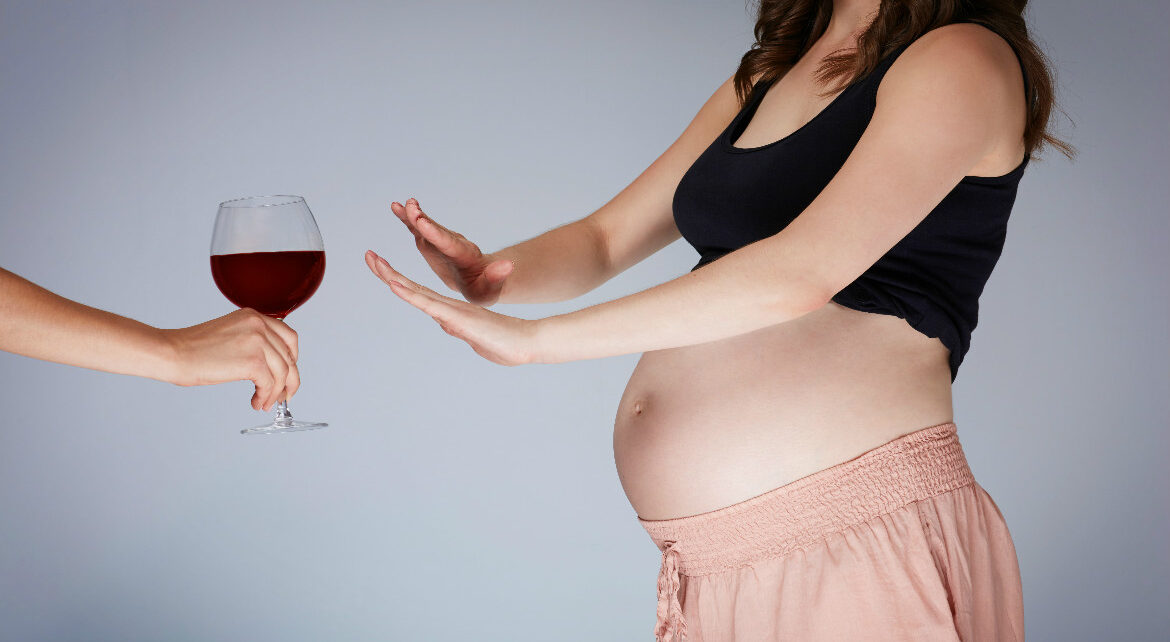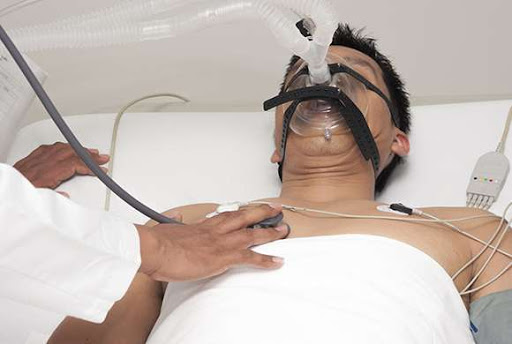Among the disorders related to alcohol use, the most serious of them is fetal alcohol syndrome (FAS), whose clinical characteristics are: prenatal and/or postnatal growth retardation, facial dysmorphology, central nervous system dysfunction, among others.
The prevalence of alcohol intake during pregnancy in Brazil is above the world average. If globally the estimate is that 9.8% of pregnant women consume alcoholic beverages, in Brazil, this number is 15.2%. Taking into account the harm that alcohol can cause to the fetus, the Centers for Disease Control and Prevention and other organizations recognize that there is no safe amount of alcohol consumption during pregnancy and recommend total abstinence from alcohol.
According to the obstetrician with more than 20 years of professional experience, Dr. Bruna Pitaluga, studies have already shown that minimal doses of alcohol cross the placenta through the maternal blood reaching the amniotic fluid and the developing fetus. After just one hour of ingestion, the levels of ethanol in the amniotic fluid and fetal blood are already equivalent to those of the pregnant woman. “As the fetus does not have mature detoxification mechanisms, alcohol is not metabolized and has an even more intense effect on its metabolism,” she says.
Drinking alcohol during pregnancy can cause: miscarriage, stillbirth and a series of behavioral, intellectual and physical changes”, explains the obstetrician. Among these changes are fetal alcohol syndrome (FAS) and fetal alcohol spectrum disorders (FASD), which are the most common causes of non-hereditary intellectual disability.
FAS is the most severe form of a spectrum of alcohol use disorders, which also includes: partial fetal alcohol syndrome; changes to neurodevelopment; and congenital malformations. It is estimated that FAS affects between 1,500 and 6,000 children born every year in Brazil. Despite its severity and prevalence, Dr. Bruna says, the syndrome is often ignored or misdiagnosed, which prevents affected children from receiving necessary services in a timely manner.

Dr. Bruna Pitaluga, obstetrician
The diagnosis of FAS, highlights the obstetrician, is based on the presence of the following clinical characteristics, all of which must be present: prenatal and/or postnatal growth retardation, facial dysmorphology – characterized by small eyes, thin upper lip , flat facies and short palpebral fissures; dysfunction of the central nervous system, presenting changes in attention, motor skills, learning and microcephaly.
Throughout life, highlights Dr. Bruna, patients with the syndrome may also present a variety of neurobehavioral disabilities, such as: aggressiveness; depression; anxiety; hyperactivity; impulsivity; anorexia and other eating disorders; tendency to abuse alcohol and other drugs and difficulties in planning and achieving goals.
DEAF, in turn, says Dr. Bruna, presents a broader diagnosis that covers patients with FAS and others affected by prenatal exposure to alcohol, but who do not meet all the full criteria for FAS.
There is no cure for FAS, but there is treatment. This, highlights the obstetrician, is multidisciplinary (pediatricians, psychologists, psychiatrists and trained health teams, combined with teachers who know the problem). “Treatment includes management of morbid conditions, nutritional support, management of behavioral problems and educational difficulties, referral of patients to habilitative therapies and education of parents so that they learn how to deal with their children with FAS,” she says.
The best way to treat the syndrome and other fetal disorders associated with maternal alcohol intake continues to be through prevention. Therefore, the obstetrician emphasizes that during preconception counseling and prenatal care, all women must be assessed regarding alcohol consumption. “If alcohol consumption is detected, this must be addressed with intervention as soon as possible”, it says.
Dr. Bruna also highlights the importance of educational measures highlighting the harm to the fetus that can be caused by drinking alcohol during pregnancy. Finally, the obstetrician appeals to pregnant women not to consume alcoholic beverages. “And if you know a pregnant woman, don’t offer her alcohol and support her decision to have a healthy, alcohol-free pregnancy,” she advises.
About Dr. Bruna Pitaluga
Training in Medicine at the University of Brasília – UnB
Medical Residency in Gynecology and Obstetrics at the University of Brasília – UnB
Postgraduate degree in Nutrology from the Brazilian Association of Nutrology – ABRAN
Specialization in Functional Medicine from the Institute of Functional Medicine – IFM, USA
Course in Nutrigenomics at the University of North Carolina – UNC, USA



